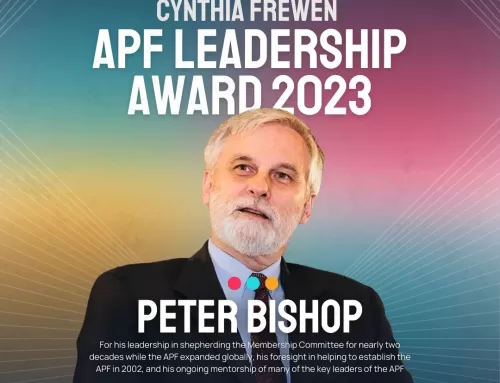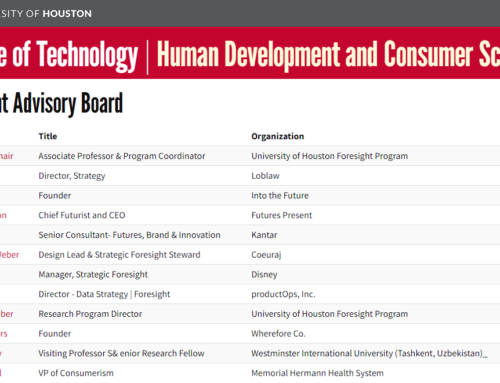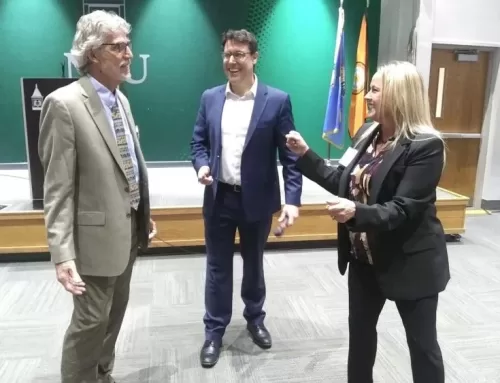 The “Godfather” of Integral Futures, Richard Slaughter, gave a brilliant overview of the topic for the Alternative Perspectives class on November 1st. We spend a couple of weeks in the course on Integral Futures each year, which features a heavy dose of works by Richard Slaughter. So I was thrilled that he agreed to join us from the Australian outback via Zoom.
The “Godfather” of Integral Futures, Richard Slaughter, gave a brilliant overview of the topic for the Alternative Perspectives class on November 1st. We spend a couple of weeks in the course on Integral Futures each year, which features a heavy dose of works by Richard Slaughter. So I was thrilled that he agreed to join us from the Australian outback via Zoom.
Richard needs no introduction to futurists. He founded the very well-regarded Australian Foresight program in Melbourne (alas, it was recently discontinued). He hosted me for a ten-day visit many years ago that was a highlight of my career as a futurist. I was already a fan of his Integral Futures work then, but it was really cool to see how they incorporated into their curriculum. We also jointly presented on Integral Futures at a World Future Society General Assembly. He has continued to write on Integral (among other topics), including The Biggest Wake Up Call in History, which I reviewed for the journal Foresight.
Richard minces no words about the seriousness of the challenges ahead for humanity. In his view, an Integral analysis of the situation suggests that we have neglected the role of individual values in our search for solutions. He suggests that we have relied too heavily on technological fixes and that we must re-balance our approaches to account for values and worldviews. He also emphasized the importance of the personal development of futurists. Indeed, due to his influence, our program has been putting more emphasis on this, not only in Alternative Perspectives class, but we also had a terrific elective this summer on “Building Capacity for Transformation by Cecily Sommers.
Students were curious about his personal journey as a futurist and how he evolved to focusing on Integral Futures. He shared his key moments in his career, such as his early work on critical futures. His discovery of the work of Integral philosopher Ken Wilber launched his journey to bring this perspective into futures work. It was a captivating session and we are grateful to Richard for taking the time to share his personal journey with us! — Andy Hines





